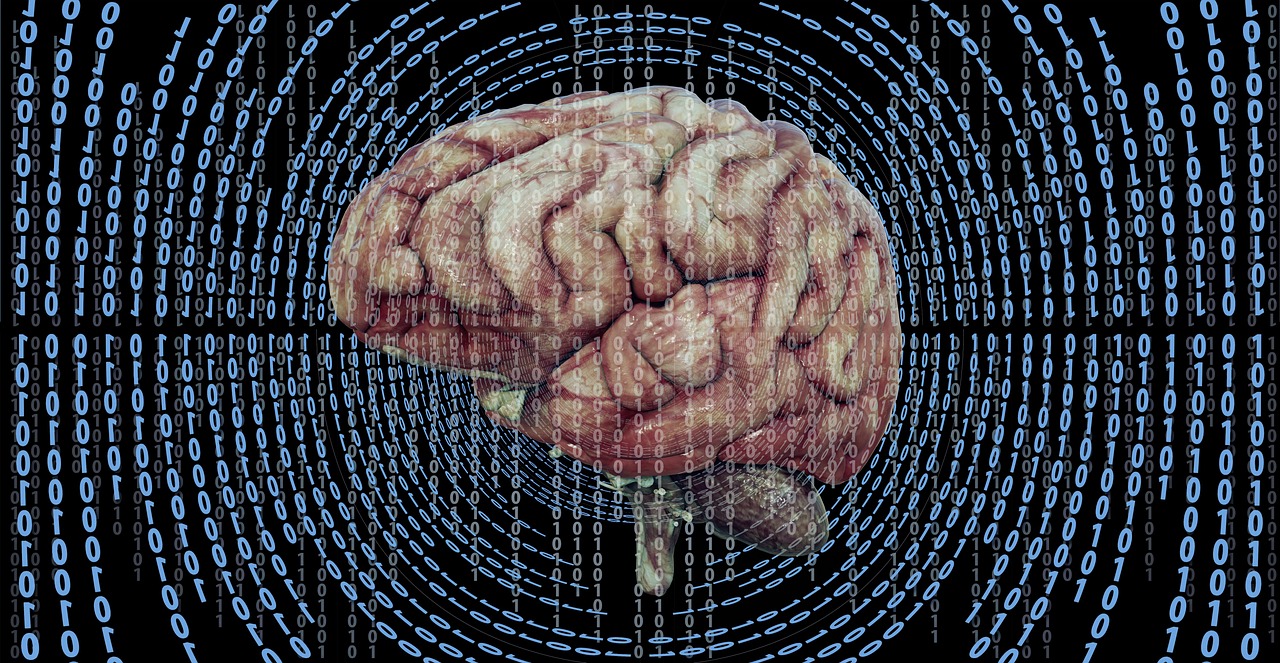Drugs/Therapy
EU Laws Prevent Children with Cancer from Getting Certain Treatments
According to the United Kingdom's Institute of Cancer Research (ICR), the European Union (EU) laws prevent children with cancer from getting access to certain treatments that could potentially save their lives. Since 2007, the current system has already approved 28 new cancer treatments for adult cancer patients. Even though 26 of them could possibly work for children patients as well, 14 of them received waivers to skip child testing.
"It's essential that ground-breaking cancer treatments are tested not only in adults but also in children, whenever the mechanism of action of the drug suggests they could be effective. That requires a change to EU rules, since the current system is failing to provide children with access to new treatments that could add years to their lives," stated the ICR chief executive, Professor Alan Ashworth reported by BBC News.
The ICR has stated that the European Commission (EC) should get rid of these "class waivers." Oftentimes, drug-manufacturing companies will seek these waivers in order to skip children trials by citing the fact that the particular cancer does not occur in children. The ICR stated that even though some of the drugs might not work in children, there are other drugs that have a broader action of treatment and could be used on children. The only incentive the EC gives drug companies that perform child testing is longer market exclusivity.
The ICR explained that the current system is outdated because the rules were created when experts and researchers believed that cancers were specific to the organ. Over the years, new studies have found that certain cancers can be caused by genetic changes. For example, some drugs approved for adults with lung cancer were created with the ALK and EGFR genetic mutations in mind. The companies behind these drugs sought waivers to avoid the costly children trials even though the two genes have been tied to some childhood cancers as well. Drugs that treat the genetics could be potentially effective for cancer patients regardless of age.
"Modern cancer treatments are often targeted at genetic features of the tumor that may be common to a number of tumor types, and to adults' and children's cancers. That means a drug developed for a cancer in adults could also be effective against a cancer affecting a completely different part of the body in children. The way EU rules are implemented fails to take this into account," Ashworth explained.
Louis Chesler, an ICR research and pediatric oncologist at London's Royal Marsden hospital, added, according to FOX News, "Kids get hand-me-downs in many areas of life. But cancer drugs should not be an area where kids get hand-me-downs."









Join the Conversation